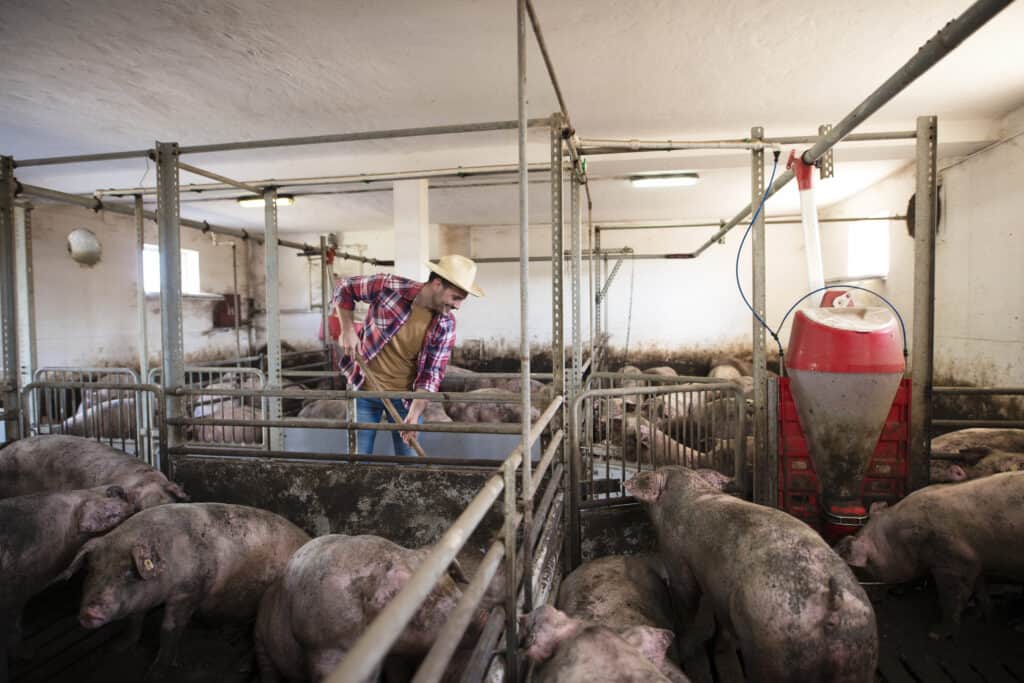
The New Zealand pork industry is appealing to the new government for stricter regulations on pork imports, citing concerns over animal welfare and the need for a level playing field for local farmers.
NZ Pork, the sector’s representative body, has conducted an analysis revealing a substantial influx of imported pork, with over 44,000 tonnes arriving from 22 countries in 2023. Notably, much of this pork comes from nations with less stringent animal welfare practices than those mandated in New Zealand.
The United States leads in pork imports to New Zealand, with a significant increase to 7,336 tonnes in 2023, up 128% from 3,216 tonnes in the previous year. Canada follows with 6,238 tonnes, showing a notable rise from 3,824 tonnes.
While imports from Australia and the Netherlands have also increased, there has been a marked decrease in imports from major European producers like Spain and Germany. This shift is attributed to new and proposed European legislation making pig farming more challenging.
Brent Kleiss, NZ Pork’s chief executive, expressed concern over the replacement of European pork with products from the US and Canada, where environmental and welfare standards are perceived to be lower. He highlighted the discrepancies in animal welfare practices, such as the use of gestation stalls and the castration of piglets without pain relief, which are banned or less common in New Zealand.
In New Zealand, sows are confined in farrowing systems only around the time of birth, with strict limits on the duration of confinement. In contrast, most EU countries and the US have no such limits, and Canada allows up to six weeks.
The pork sector is urging the new government to align import standards with New Zealand’s rigorous animal welfare practices. This move would demonstrate the government’s commitment to animal welfare, environmental sustainability, and support for local farming.
Additionally, the sector is advocating for government departments that regularly provide food, such as the Department of Corrections, Ministry of Defence, and Ministry of Education, to prioritise sourcing food locally.
Kleiss also pointed out the confusion and frustration among consumers due to current food labelling regulations, which often feature prominent New Zealand branding on imported products, with the actual origin disclosed only in the fine print. NZ Pork is calling for regulatory changes to ensure clearer labelling, enabling consumers to make informed choices and support local farmers.
To ensure they are purchasing high-quality products from pigs born and raised in New Zealand to stringent welfare standards, Kiwi shoppers are encouraged to look for the 100% NZ Pork label and inquire about the origin of pork products if unsure. This initiative aims to bolster local farmers and maintain high standards in animal welfare and product quality in the New Zealand pork industry.



